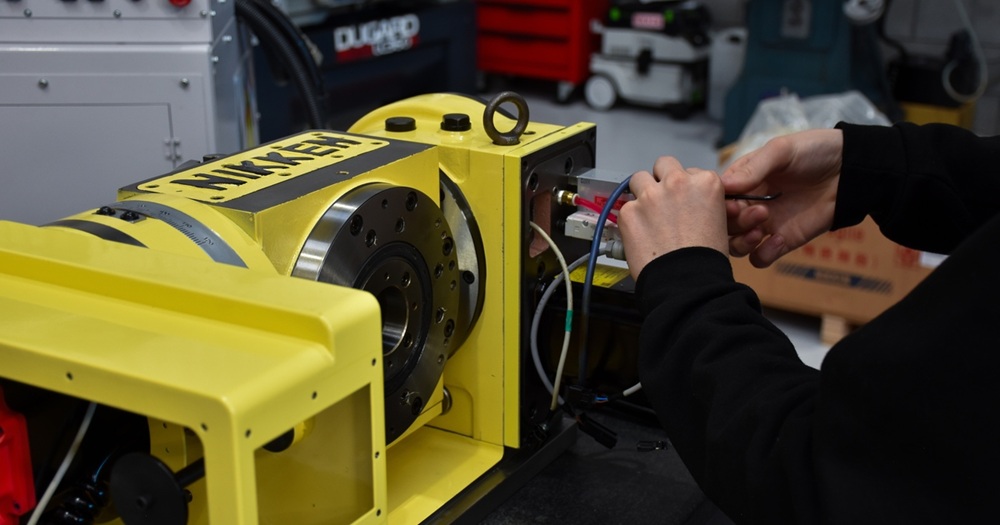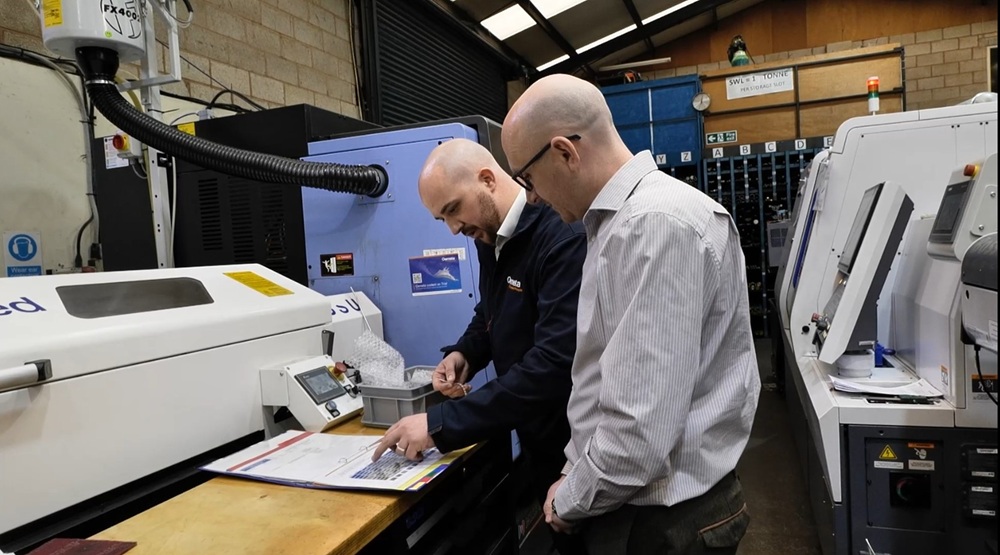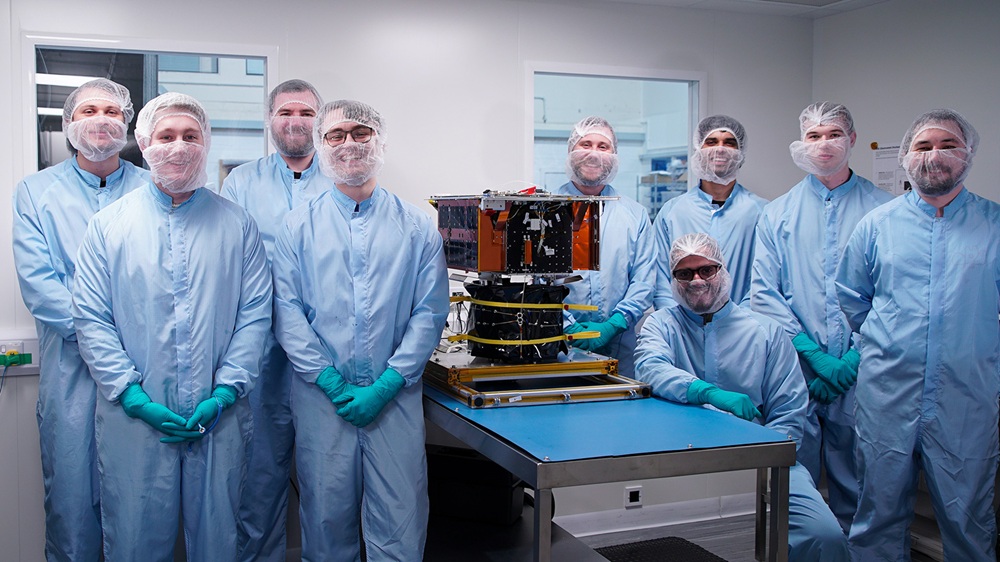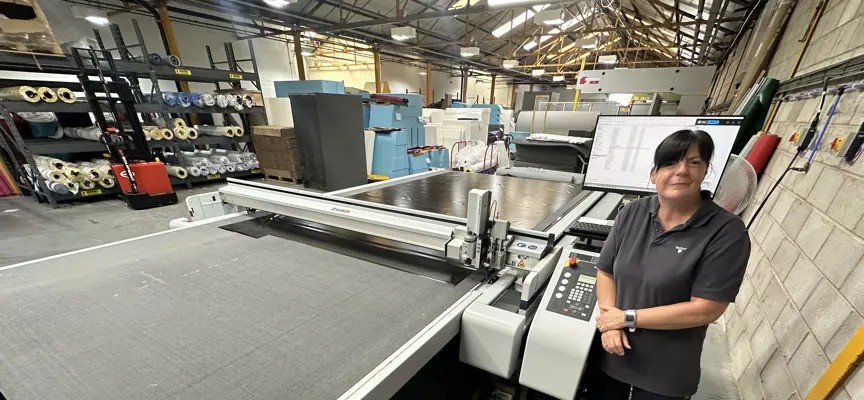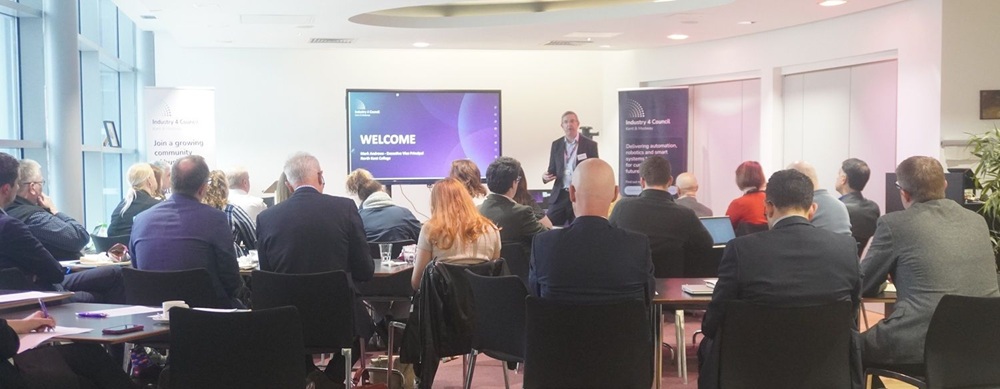Key Precision has carved out a remarkable niche since its inception. As a subcontract
manufacturer specialising in precision turned and milled components, the company has
consistently sought innovative solutions to enhance operational efficiency. Founded 21
years ago, the Cannock-based company is intent on driving efficiency throughout the
business. Leading the charge, managing director Greg Jackson recognised cutting fluid
performance was an issue that needed addressing – the solution was found with Oemeta
and its Estramet S95 coolant.
As the first employee of the business some 19 years ago, Jackson says: “We have an array of
machining technologies with capabilities that include sliding- and fixed-head turning
machines and vertical machining centres.”
The plant list boasts brands like Citizen, Star, Hanwha, Haas, DMG Mori and Doosan.
Oemeta’s Estramet S95 has delivered significant benefits for the manufacturer.
Discussing the relationship from an Oemeta perspective, technical sales representative Ryan
Aviles, says: “Our relationship with Key Precision has been in place for a number of years.
Ultimately, they didn’t have any particular problems with their previous coolant supplier, so
it was about biding our time and waiting for our moment – and then picking the right
product for their needs. We came in and identified areas we could target for improvement,
and that was when they invited us to trial.”
The collaboration between ISO9001- and ISO14001-certified Key Precision and Oemeta
represents a sophisticated and methodical approach. Unlike traditional vendor
relationships, Oemeta’s engagement began with an intricate, consultative process that
prioritised understanding the manufacturer’s specific challenges and optimisation
opportunities.
Technical representatives evaluated the shop-floor environment and collected sample
materials for rigorous laboratory analysis. By taking fluid samples from machine sumps and
sending them to Oemeta Germany for complete analysis that incorporates more than 50
different tests, the process is non-disruptive to ongoing production for end users.
The six-step process includes sample capture, performance analysis, review of results, trial,
product transfer and, subsequently, a partnership. From the detailed analysis, Oemeta
yields a 95% success rate in delivering a performance-enhancing solution. At Key Precision,
the trial results were “transformative”.
Following a consultation process that included reviewing the machine processes and
materials being machined, Oemeta identified Estramet S95 as the most viable solution.
Compatible with steel, stainless and high alloy steels, aluminium and aerospace grade alloys,
Estramet S95 is perfect for the entire spectrum of applications from drilling, milling and
turning to threading, honing, grinding and deep-hole drilling. It is this flexibility that makes
Estramet S95 the first choice solution among many subcontract machine shops.
“Our first consultations tend to be an informal opportunity to meet the shop floor staff and
decision makers to discuss issues and areas they would like to improve,” says Aviles. “We
then take samples, send them to Germany for complete analysis, and utilise this information
and discuss it in further detail with the customer. The improvements typically come from
the first meeting and set of results. Once we have sample results, we can sit with customers
and look at the opportunities in more detail. From the comprehensive performance analysis
testing we undertake, we can benchmark against the existing product and even forecast the
level of the benefits a customer will yield with absolute confidence – before our product
even reaches their shop floor.”
With testing that includes everything from lubricity and corrosion to long-term stability,
foaming, water quality, employee/process safety, environmental impact and much more,
Key Precision experienced efficiency gains ranging from 35% to 150% across various
machining operations. These gains were achieved through Oemeta’s targeted approach,
which was developed and implemented to match Key Precision’s requirements.
“In terms of percentage improvements with Oemeta that we have monitored on set jobs,
we’ve seen tool life improvements from 70% up to 150%,” says Jackson. “On every
operation, we’ve witnessed a minimum improvement of 35% and, for long-running jobs
with U-drills in particular, we saw a 77% increase. On parting-off, there’s been an efficiency
increase of 35% and turning operations have witnessed a 300% increase.”
The extended longevity and performance of cutting tools have been so dramatic that the
company recouped the annual cost of its Oemeta cutting fluids in the first month. As well as
the cost savings and tool life improvements, machine and component cleanliness and
quality has also improved.
Based on synthetic ester oils, the translucent Estramet S95 is an alternative to traditional
coolants and is free from mineral oil, boron, formaldehyde, fungicide and active sulphur.
This makes it a bio-sustainable operator-friendly fluid with washing characteristics for both
machine tools and components. As a stable fluid with a long service life and corrosion
protection, Estramet S95 has increased tool life from 20% to 50% on most machines, which
has generated significant consumable cost savings.
Furthermore, the subcontract manufacturer that works in the automotive, defence, medical
and telecommunications infrastructure sectors has witnessed a reduction in tool change
frequency that has contributed to increased machine utilisation rates.
The implementation strategy transcended simple product replacement, incorporating a
comprehensive approach that included bi-weekly site visits for sample collection, laboratory
testing and compatibility assessments with existing cooling systems. A differentiator in
Oemeta’s service model is its commitment to continuous monitoring and optimisation. The
company’s technical team conducts monthly coolant maintenance checks that go beyond
standard industry practices. These assessments include concentration verification, pH level
monitoring, microbiology testing and proactive tank condition evaluations. This approach
ensures high performance levels and instils confidence in the product’s long-term benefits.
“To track trials, we regularly revisit the site; we’re at Key Precision every two weeks to
collect samples for our labs,” says Aviles. “With the results, we can give feedback to the
customer and update them on how the product is performing. Once the trial is completed
and the KPIs have all been achieved, we start the roll-out process. During this process, we
take samples from all the other machines to check the condition of the machine tanks. We
do this to ensure our coolant is compatible with the existing competitor’s coolant. This
minimises disposal and wastage costs as you can ‘top it over’ the existing products.”
The trial’s success has prompted Key Precision to commit to a rollout across its water-based
machining platforms. The partnership has continued to evolve, with plans for upcoming
trials of Oemeta’s oil-based solutions on the company’s sliding-head machines.
Adds Aviles: “This successful implementation isn’t the end of the journey. We’re now
looking at neat oils. We’ve run the same tests on the neat oil in the sliding-head machines
and we’ll deliver similar savings here with our GTL [gas to liquid] product. All of our
customers receive a regular standard service where they’ll see our team once a month. This
visit will be to test coolant levels, concentration and ph levels, and we’ll do the micro-
biological dip slides too. This ensures the coolant is always retained within its optimal
operating parameters.”
Concluding on the partnership, Jackson says: “The trial results speak for themselves. We’ve
committed to rolling out Oemeta cutting fluids and oils across our full range of machines.
The results so far have been fantastic and we look forward to reaping more efficiencies and
cost savings.”
More information www.oemeta.com






